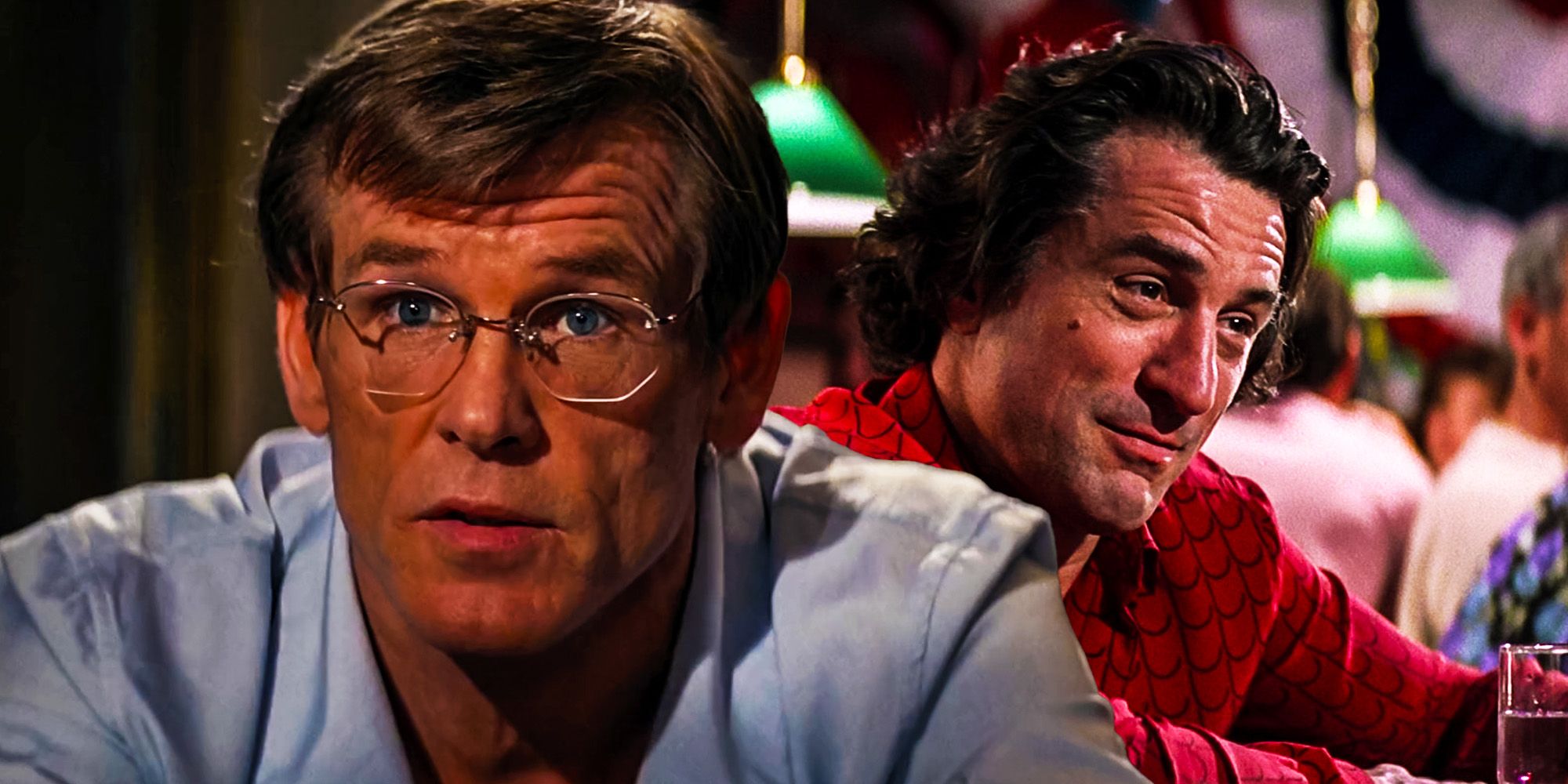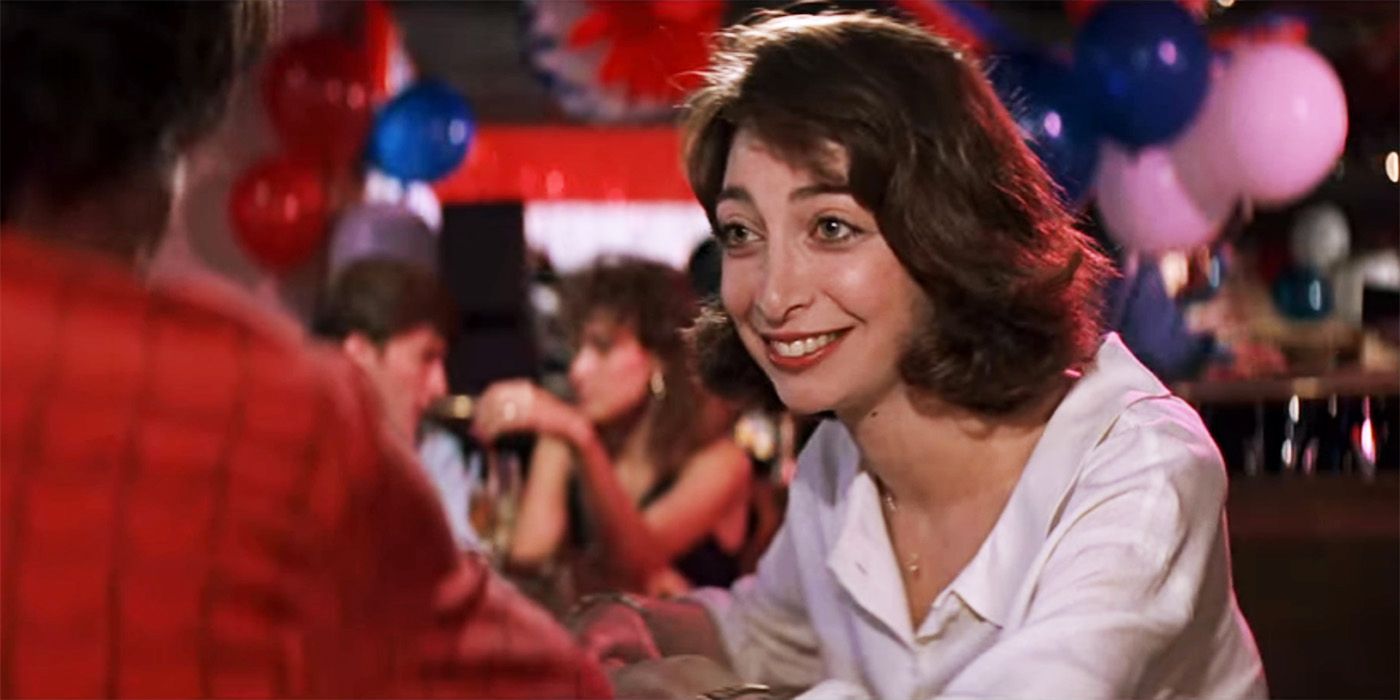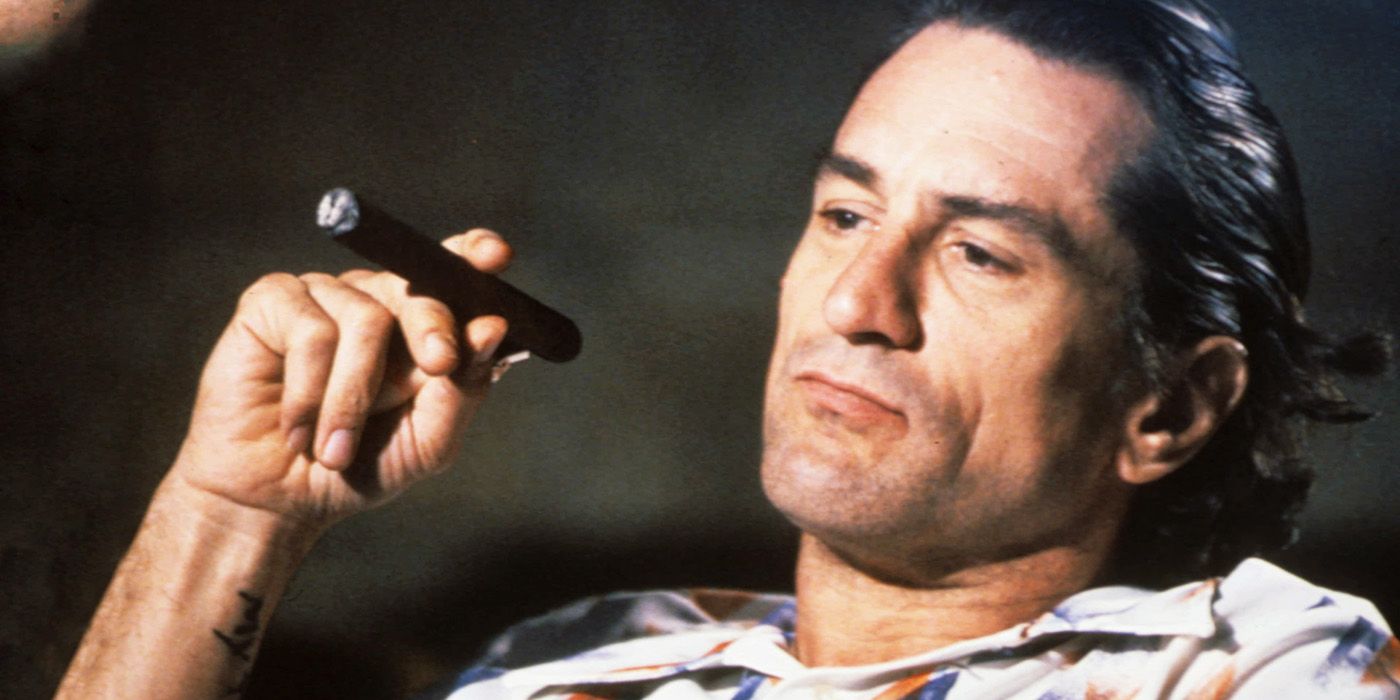Trigger warning: murder and sexual assault.
Cape Fear is considered Martin Scorsese’s horror movie, and adding to its horror vibe is the real crime that inspired one of the characters' portrayal. Martin Scorsese is no stranger to adapting stories to the big screen with his trademark narrative and visual style, and one of his most praised (but also disturbing) works is Cape Fear, a remake of the 1962 movie of the same name by J. Lee Thompson, based on the 1957 novel The Executioners, by John D. MacDonald. Cape Fear reunited Scorsese with frequent collaborator Robert De Niro after Goodfellas, and gave him one of his scariest and most unsettling roles.
Cape Fear is the story of Sam Bowden (Nick Nolte) a lawyer and former public defender who is stalked by Max Cady (De Niro), a violent rapist seeking revenge against him for using purposefully faulty defense tactics during his trial, leading to his 14-year imprisonment. Cady is also dangerously charismatic, and he not only manipulated Bowden’s teenage daughter, Danielle (Juliette Lewis), but also his lover and County Courthouse clerk Lori Davis (Illeana Douglas). Danielle avoided a horrible fate thanks to her parents, but the same can’t be said about Lori, who was violently assaulted by Cady, and this part of her story was inspired by a real-life crime.
Cape Fear’s Lori Was Inspired By The Murder Of Jennifer Levin
Bowden was married to Leigh (Jessica Lange) but was having an affair with Lori Davis, and Max Cady knew about it. Cady intentionally crossed paths with Lori at a bar and flirted with her as they kept drinking, convincing her to spend the night with him. Cady, being the psychopath he is, used Lori to send a message to Bowden, and he raped Lori and beat her nearly to death, also biting off part of her cheek, leaving her severely injured and traumatized. Although Bowden told Lori to press charges, she refused to out of fear of their relationship becoming public, something that Cady obviously anticipated, as he just wanted to terrorize Bowden. In an interview with The AV Club in 2009, Illeana Douglas explained that after Martin Scorsese got Cape Fear from Steven Spielberg, she suggested changes to her role, which originally didn’t even have a name, and she based Lori on Jennifer Levin.
On August 26, 1986, the body of 18-year-old Jennifer Levin was found, and the autopsy revealed she had been strangled. Levin had briefly dated her murderer, Robert Chambers, who after lying to the police about the events of their last night together, ended up claiming that Levin’s death was an accident as he tried to push her off of him as she sexually assaulted him. Chambers’ defense claimed Levin was promiscuous and tried to use that as evidence for Chambers’ benefit, similar to what happened in Cape Fear during Cady’s trial, and Levin had injuries on her body and face like those of Lori. Douglas admitted using Levin’s case as inspiration for building the character of Lori and for her performance in the bar scene, and the parallels are clear once you learn the details of Levin’s death.
Is Cape Fear Based On A True Story?
Although Scorsese’s Cape Fear took inspiration outside the source material to make Cady and the overall story scarier, more brutal, and more violent, the movie and the book aren’t based on a true story. MacDonald reportedly came up with the idea of The Executioners after he was challenged by a friend to break away from his usual writing style and do something risky, and he certainly did with Max Cady and his crimes. Surely, Max Cady has similarities to known criminals in different ways, whether in their personalities, methods, or backstories, but there isn’t a specific person or case that inspired the story of Max Cady and Sam Bowden in Martin Scorsese’s Cape Fear.



